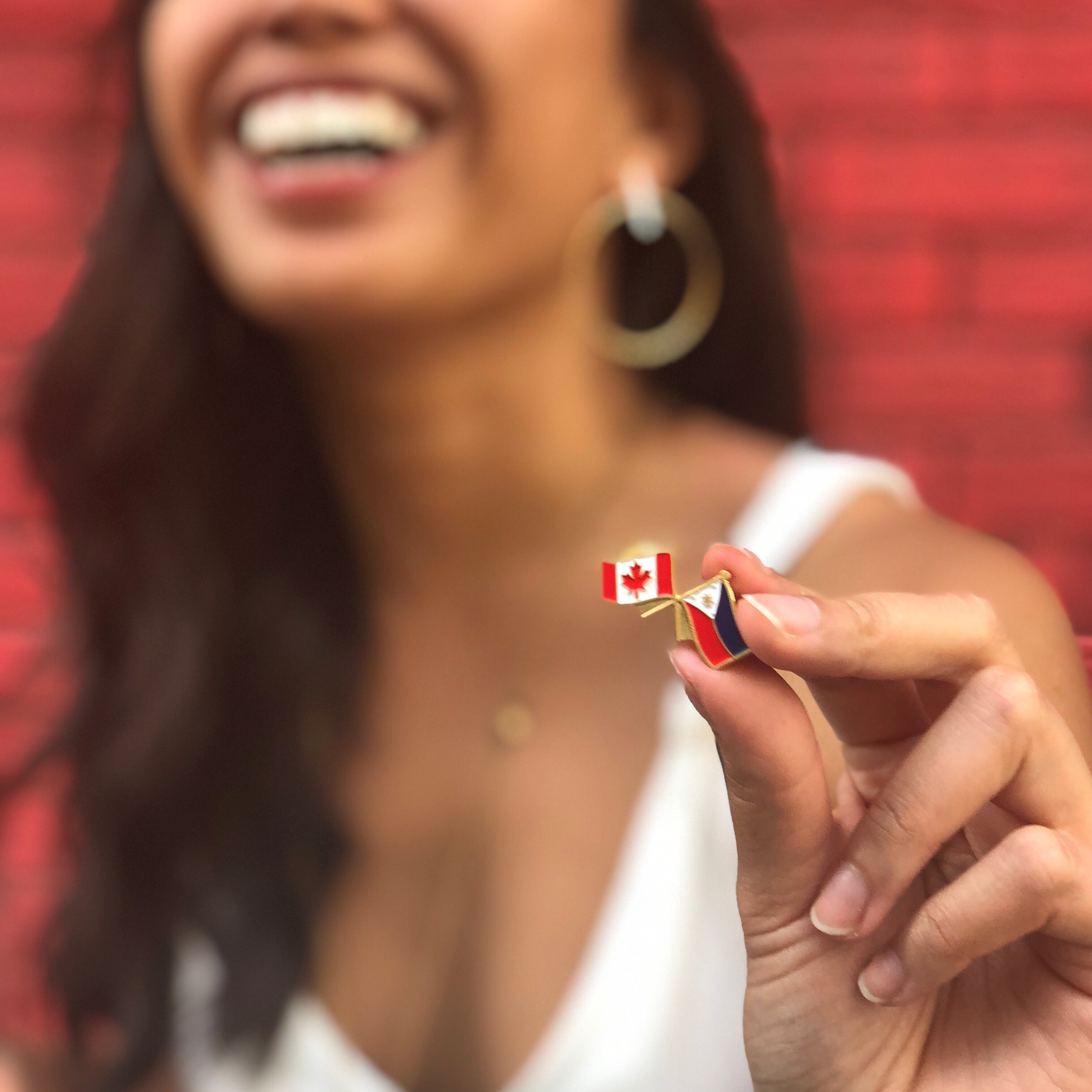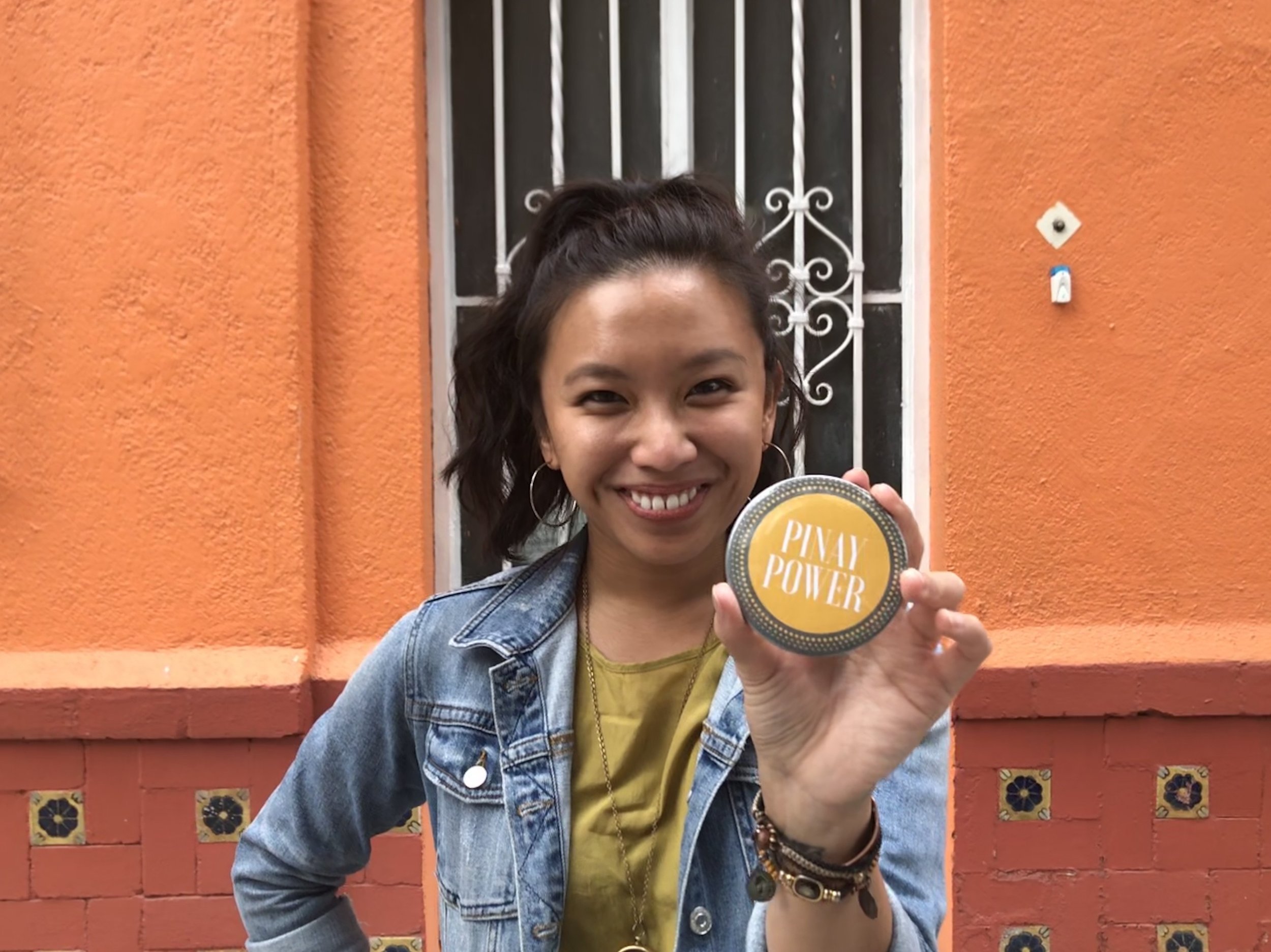When I lived in the Philippines for the first four years of my life, my parents insisted that we speak English at home. They wanted me to learn the lingua franca and knew it would be essential for my success in a globalized and westernized world.
Then when we moved to Canada, my parents insisted that we only speak Tagalog at home. They would refuse to speak to me if I spoke or replied to them in English. My parents were wise and knew that I would easily lose my native tongue in the face of an almost exclusively English-speaking environment.
I grew up in Markham, a suburb just outside of the Greater Toronto Area in Canada that is often hailed as Canada’s most diverse community with visible minorities representing 77.9% of the population. I grew up in a culturally rich community where the “visible minorities” were, in fact, the majority of my daily life.
There was a sizeable population of Filipinos in my high school, many of whom were newcomers to the country. They stuck together and often congregated on a small bridge on the second floor of our high school. And because of that, the bridge was dubbed “The F.O.B. Bridge”, meaning the “Fresh Off the Boat Bridge”.
The students in my high school looked down on those Filipino newcomers, criticizing them for only hanging out with each other and for always speaking Tagalog. “Don’t they know they’re in Canada now?” “How are they going to learn English if they only talk to each other?” I can still hear the murmurs. I can still see the eye rolls.
I Was Wrong!
This one is painful and shameful for me to write, but I was one of many who looked at my newcomer Filipino classmates with derision. I intentionally distanced myself from them and extended no kindness despite our shared roots.
I cringe when I think about how I behaved. I didn’t speak ill of these classmates and I was never specifically mean. I just pretended they didn’t exist, which is honestly just as bad. I made sure our paths crossed as little as possible, if at all.
I wanted to minimize all the possible associations that could have been made between us. I did so to make sure everyone knew that I wasn’t that kind of Filipino. I wasn’t a “F.O.B.” I’m Filipino, yes. But mostly, I’m Canadian. And my perfect English proves it.
What I Know Now: English As A Tool of White Supremacy and Colonialism
My reflex to distance myself from my newcomer Filipino classmates was an ugly manifestation of my own internalized racism. I judged my kababayan through the lens of whiteness. And, as much as I am ashamed to say it, I saw myself as better than them because of my proximity to that whiteness, because of my ability to codeswitch to “perfect” unaccented English without a trace of my Tagalog tongue. I used my privilege as a weapon, as a way to elevate myself and put others down.
The standard to speak English and to speak it “perfectly” without any accent — that is to say, without any trace of a European accent — is a colonial standard that seeks to assimilate everyone, removing any traces of our origins. A colonial standard that seeks, as all things colonial do, to dominate.
My classmates and I looked down on our Filipino newcomer classmates because the educational system that we were all a part of pounded the superiority of the English language into our brains from our earliest days. Our English classes taught us our manner of speaking and the rigid rules of grammar. The mainstream media that we all consumed did that work for us too. The only difference was that the media didn’t directly grade us on our performance or train us into submission in such an obvious way.
That this could happen even in such a diverse and multicultural school shows just how deep and insidious white supremacist and colonial thinking is. How systemic it is.
I know this now and I’m actively working to dismantle that mentality and the behaviour that results from it not just in myself but also through the work that I am doing with Living Hyphen.
We always encourage our storytellers — contributors to the magazine, guests on our podcast, and/or those who attend our programming — to use words in their native tongue within their stories, if they are called to and able.
As an editor of this magazine that tells many stories of the diaspora, I am acutely aware of my role and responsibility not to replicate colonial standards of excellence that emphasize “proper” sentence structure or grammar. As I’ve written about previously, what matters to me the most is that the stories themselves demand telling, that they reveal something that goes untalked about, that they fundamentally shift one’s perspective in some way, big or small.
That’s also the primary reason why we’ve partnered with the Department of Imaginary Affairs on The Stories of Us, a magazine entirely dedicated to featuring and uplifting newcomer voices. The goal of the project is three-fold:
Empower newcomers by giving them a platform to share their stories and feel that they have a voice as a citizen of Canada and contributing to the overall social fabric of the country;
Create books out of the stories with side-by-side English and native language translations; and
Educate established Canadians about the journey of newcomers to Canada through first-person stories
By doing this, we are hoping to create a more positive experience for newcomers upon arrival and settlement, as well as to complicate the narrative of the newcomer journey that is so narrowly defined by mainstream media. We are hoping to make a change on a systemic level and disrupt white supremacy and colonialism’s insidious ways of “educating” us.
My parents knew I would need to speak English to survive and to thrive before we even landed in “Canada”. They understood our “globalized” world (though I’d call it our Western imperialized world) and what was necessary to succeed. But they were also subversive in their own way, resisting assimilation upon our arrival in Canada as they challenged me to speak Tagalog and hold fast to my native tongue. They knew the importance of this inherently and intuitively. They took pride in our roots long before I knew how.
At my younger age, I found it incredibly frustrating and annoying having to toggle between these two languages. Today, I am immensely grateful for their foresight, their pride in our language, and their resistance to assimilate completely. It is a gift to be able to communicate with my elders and go home to the Philippines speaking our native tongue. Learning both languages simultaneously at such a young age meant that I learned how to codeswitch seamlessly between English and Tagalog without a single trace of being able to speak either language. I liken it now to a super power.
I am ashamed for having weaponized this gift of language – both our own and that of our colonizer’s — that they passed down to me.
I hold compassion for my younger self for wanting to erase that in the face of a mean and oppressive world that devalues language, heritage, and culture.
I am grateful for knowing better now.
This article is part of I Was Wrong(ed!), a publication that acts as a decolonizing space to acknowledge, reflect on, and learn from failure.



